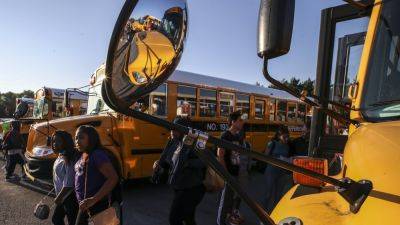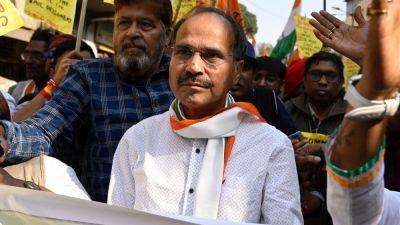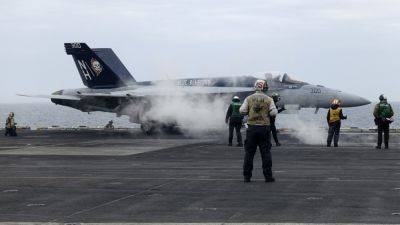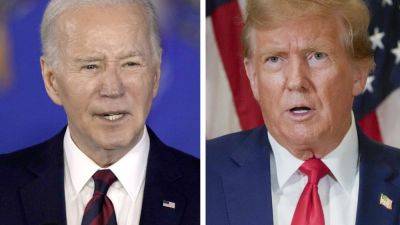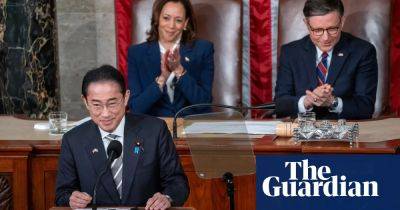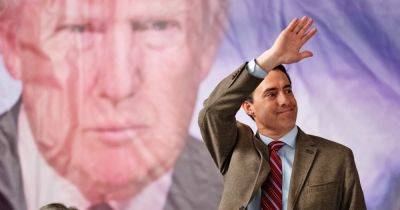JNU results show NSUI continues to shrink, leaders say students flocked behind Left to keep out ABVP
When the results of the Jawaharlal Nehru University Students’ Union (JNUSU) were announced on Sunday, the vote count of the presidential candidate of the Congress’s student wing National Students’ Union of India (NSUI) stood at 283 out of 5,656 votes polled or 5%, a sharp drop from the 700 out of 5,050 votes it had received in 2019, or 13.86% of the total, the last time elections were held at India’s premier university.
Days later, as the organisation’s bigwigs tried to make sense of the debacle — in which the Left Unity coalition came first, followed by the RSS student body ABVP and the much-newer Birsa Ambedkar Phule Students’ Association — two reasons were cited: polarisation on the campus, and the desire of a large number of students “to make a statement about how to defeat the BJP in the upcoming Lok Sabha elections”.
As per the NSUI leaders, a majority of the students, most of whom are against the ABVP, felt they could trust the Left Unity alliance — comprising the CPI(M) student wing Students Federation of India (SFI), the SFI breakaway Democratic Students Federation (DSF), the CPI(ML-Liberation)’s All India Students Association (AISA) and the CPI’s All India Students’ Federation (AISF) — more than the NSUI to stop the ABVP.
Student elections were held after a gap in JNU, like in most other universities, where the annual exercise was disrupted by the Covid-19 pandemic.
Unlike Delhi University (DU), JNU has never been a stronghold of the NSUI. Nevertheless, between 2012 and 2014 — when the Congress-led UPA was at helm in the Centre — it was seen as an alternative to the predominantly Leftist politics on the campus. However, things changed rapidly after the BJP swept to power in the 2014 Lok Sabha polls, and


